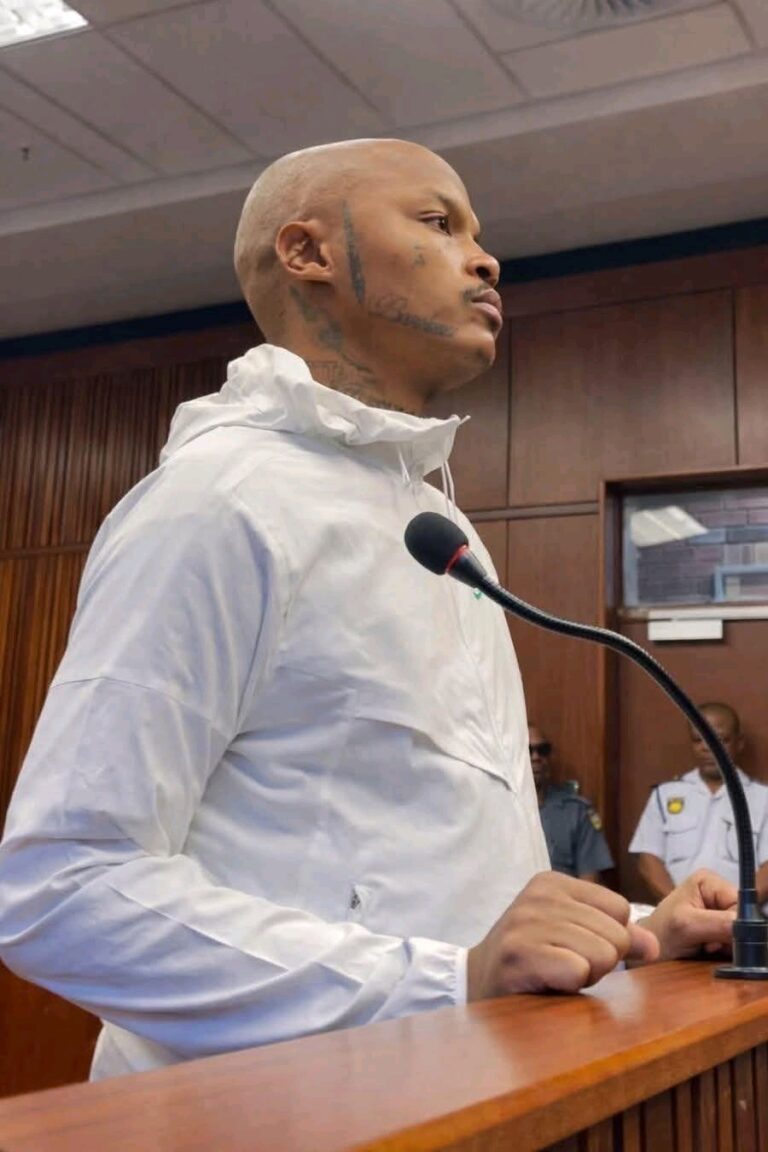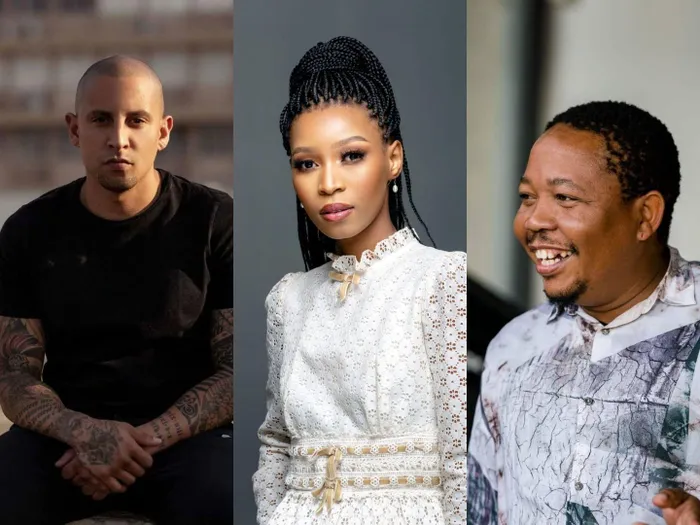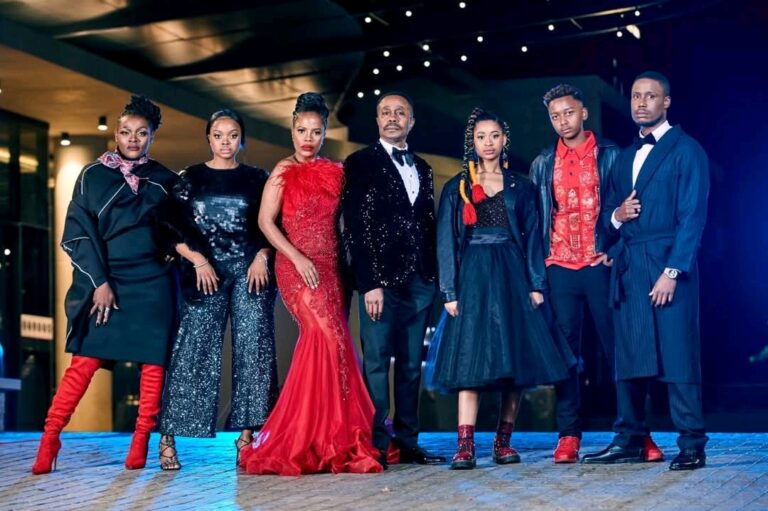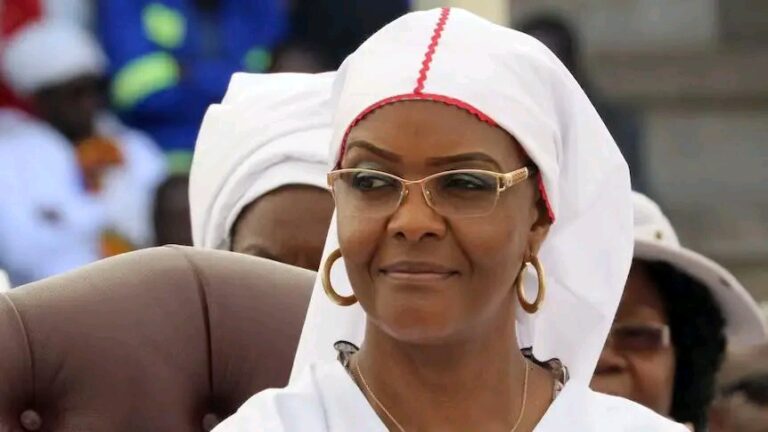
Actress Mapaseka Koetle, known for portraying “Dintle” on eTV’s hit soap opera Scandal!, experienced a distressing incident in a mall that has stirred a conversation about where fiction ends and reality begins.
On August 29, 2025, reports emerged that the 36-year-old Bloemfontein-born actress was harassed by individuals who conflated her real identity with her character’s traits. The troubling confrontation followed a storyline in which Dintle becomes entangled with Nhloso, a character played by Kwenzo Ngcobo—specifically, the plot where she is seen as “stealing” his affections. This dramatic arc seemingly resonated too deeply with viewers, blurring lines between on-screen conflict and real-life emotions.

Mapaseka took to social media to express her alarm and confusion, questioning with dismay: “Why are South Africans like this?” The post captured widespread concern. One especially poignant message shared in the aftermath described how she nearly lost her life due to a fan’s inability to distinguish staged drama from reality.
This alarming incident is not isolated in South Africa’s entertainment industry. In 2017, Khabonina Qubeka—another well-known actress—was forced to seek police protection after receiving death threats over her contentious storyline on Rhythm City. Similarly, in 2020, Sophie Ndaba endured verbal abuse from viewers upset by her character’s decisions, underscoring once more how strongly audiences can react when they emotionally invest in televised content.
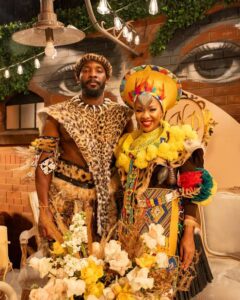
These patterns reveal both the captivating power of local television and the troubling side effects when viewers cannot separate fiction from reality. While soap operas and dramatic shows thrive on provoking emotional response, these cases illustrate a concerning escalation—where character animosity spills over into real danger for the actors involved.
The intersection between on-screen drama and off-screen life raises important questions: What responsibilities do media producers have in cultivating audience understanding? Should there be more public messaging to remind fans that actors are not their characters? And how can vulnerable creatives be better protected when storytelling incidents provoke real-world backlash?
Mapaseka Koetle’s ordeal stands as a compelling reminder that entertainment is, at its core, just that—entertainment. While audiences may love to hate Dintle or root against her actions, the same cannot extend toward the person portraying her. As much as local TV showcases our talent and cultural narratives, it also highlights the need for empathy, education, and respect for the people bringing those stories to life.

